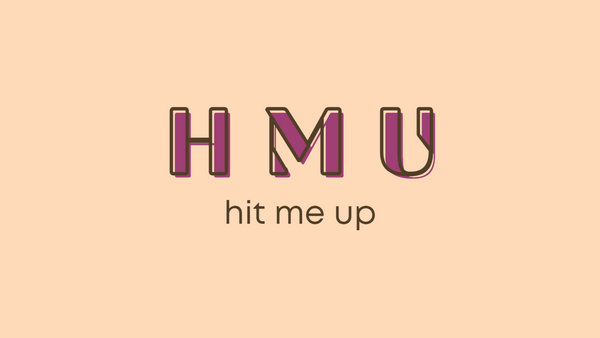Come Valentine’s, wedding anniversaries, dating anniversaries, and all the other mushy occasions, and we see captions and messages around the peculiar ‘S.O.’. So? Ever contemplated what even this initialism means? Is it slang? A celebrated term? An acronym? Well, S.O. is a bit of it all — except an acronym.
These two letters, though minimal, carry quite a lot of significance. It represents a crucial part of many of our lives. S.O., when expanded, holds the same meaning as ‘better half’. It has a romantic and passionate usage, which may lose its luster in some contexts and only stick to the popular fact that it generally translates to partner — usually, a life partner.
What Does S.O. Mean and Why’s it So Romantic?
S.O. expands to ‘Significant Other’. It refers to your significant other who, ideally, is a partner; wedded or not. The reason why it is romantic slang is that it lays special emphasis on the person it directs to — one’s significant other.
The tag of a ‘significant other’ is commonly saved for someone who plays a substantial role in one’s life. They’re important, vital, and conclusively significant to the person, and therefore earn the name. However, there are times when the true meaning of the initialism gets lost in translation and is only applied as a generic term.
Unlike many internet acronymic slangs that can be used in lowercase or uppercase, this one ought to be used the same way – S.O. It is an initialism, and not an acronym. The letters in this slang stay capitalized and separated with full stops — even at the end. However, informal language has no definite rules, and S.O. is at times used otherwise.
Is S.O. Used Only Romantically?
So far, the usage of S.O. lives in the realm of romance and romantic partnership. It highlights a person’s love life (if any). But, there are times when S.O. may be used for people other than one’s partner. Best friends are the next recipients of this label — and not just any best friend, BFFs!
Although it is used for a romantic partner, and this is the ideal use case, there are no rigid rules against using it for other people. You can use it for those who are significant in your life and to you. This includes best friends, pets, closest family, closest colleagues, etc., — anyone who completes you or a part of you.
How to Use S.O. Online?
Before using the initialism, it’s important to use it right. There are many expansions for the letters ‘S’ and ‘O’ put together. SO, S/o, so, S.O, etc., are all ‘SO’ acronyms and each means a different thing. Reiterating what we said before, it’s important to apply the initialism of ‘Significant Other’ as ‘S.O.’ only.
Secondly, S.O. is cheesy and romantic — as it is its essence. Sometimes, the use-case can get a little too cute to handle, regardless of whether you have a significant other or not. But, that’s the nature of this initialism! Here are a few examples of using S.O.:
- Use S.O. while referring to your significant other directly or indirectly. Like, ‘My S.O. and I have something exciting planned this vacation!!’ or ‘S.O. calling…’ (you can save your significant other’s number as exactly that!).
- Apart from your own significant other, S.O. can also be used while referrring to anyone’s significant other!
- If you’re hosting a party, session, get together, anything that welcomes your friends, colleagues, acquaintances, family, or even strangers to join with their partners, then, use ‘S.O.’ in the invite. For example, ‘Halloween party 2022!! This year’s theme – Dress up to look drop-dead spooky with your S.O.!’.
- You can also use S.O. while talking of a future partner, an imaginary partner, or a hopeful love life. For instance, ‘If my future S.O. is not this cringe, I don’t want it!’ or ‘If I did have an S.O., she’d surely look better than that! It’s not funny to tag me in a post with rocks and call this big rock my S.O.! SMH’.
Most times, S.O. is used in its expanded form, online. This is generally practiced to avoid confusion of the full-form (given that there are so many). So, you can also type out ‘Significant Other’ in relevant contexts, and when you’re lazy, use ‘S.O.’.
Conclusion
S.O. is a sweet and nearly universal initialism for your romantic partner. Though it has a romantic connotation and is largely used that way, it can be used for anyone besides a romantic partner. However, this is not a common use case. All in all, S.O. is a nice and mushy way to address your partner online and offline — in written contexts only.










Member discussion